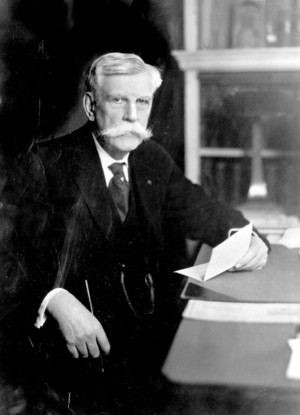The inspector general found \u0022longstanding systemic weaknesses related to electronic record and communications\u0022 at the State Department.Video provided by Newsy Newslook
As secretary of State, she ignored repeated warnings about email security.
Everyone, including Hillary Clinton, now agrees that the newly confirmed secretary of State made a mistake in 2009 when she decided, for the sake of “convenience,” to run her own email system out of her home in Chappaqua, N.Y., rather than use an official State Department email account.
But a new report by State's inspector general makes clear that within two years, Clinton's bad decision had turned into something far worse: a threat to national security, one that she repeatedly ignored despite multiple warnings.
Warning No. 1: The report, released last week, reveals that in January 2011, hackers were attacking her private server. Twice, the Hillary and Bill Clinton staffer responsible for maintaining the server had to shut it off to protect data held by America's top diplomat and the former president. The staffer notified State Department officials of the attempted hack, and Clinton’s top aides there emailed each other to say that “sensitive” matters should not be discussed with Clinton over email.
Warning No. 2: Two months later, the assistant secretary for diplomatic security sent a memorandum on cybersecurity threats directly to Clinton, warning of a dramatic increase in efforts "to compromise the private home email accounts of senior department officials" in a likely attempt to "gain access to policy documents and personal information that could enable technical surveillance and possible blackmail.” The memo to Clinton warned her that some personal email accounts had already been compromised and had “been reconfigured … to automatically forward copies of all composed emails” to the hackers.
Warning No. 3: That May, Clinton herself suspected that there might have been another hacking incident when she "received an email with a suspicious link." Hours after her aides discussed the issue over email, Clinton received another email with a suspect link, this time from the personal account of the "under secretary of State for political affairs."
Warning No. 4: A month later, the State Department sent a cable to “all diplomatic and consular posts” about the dangers of unsecured personal email accounts. Staffers were ordered to “avoid conducting official Department business from your personal e-mail accounts.” Who signed that cable? Hillary Clinton.
Those warnings, coming in a span of six months, should have made any responsible public official, even one without Clinton’s access to classified information on cyber threats from the vast U.S. intelligence network, aware of the national security dangers of failing to secure the secretary of State’s email communications.
Instead, Clinton and several of her top aides continued to use personal email for sensitive State Department business thousands of times.
If Clinton wants to become the president of the United States, she needs to explain how she could make such a reckless decision. She had a chance to answer questions when the Obama administration-appointed inspector general contacted her about the investigation that was released last week. Among five recent secretaries of State, only Clinton refused.
While Clinton is under potential criminal investigation by the FBI for the mishandling of classified material sent through her email, remaining silent might be in her best interests and it is certainly her right. But to be president, she is going to have to convince voters that she can put the national security of the United States above her own short-term self-interest.
It's already clear that, in using the private email server, Clinton broke the rules. Now it remains to be seen whether she also broke the law.
















